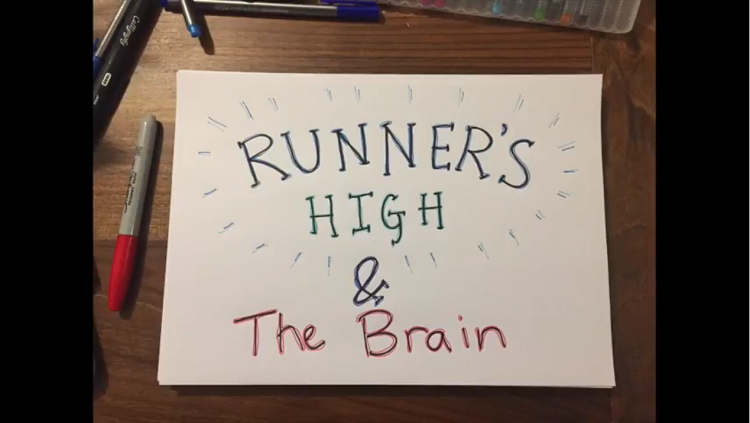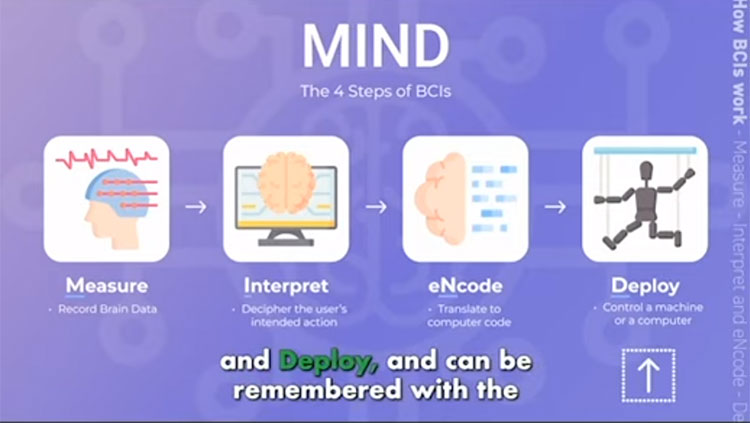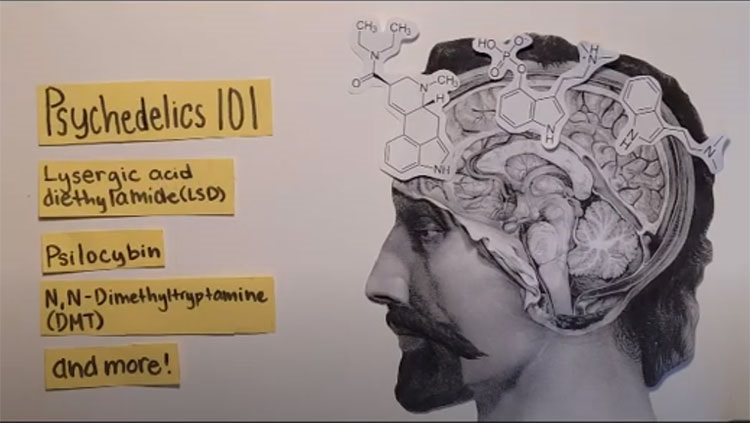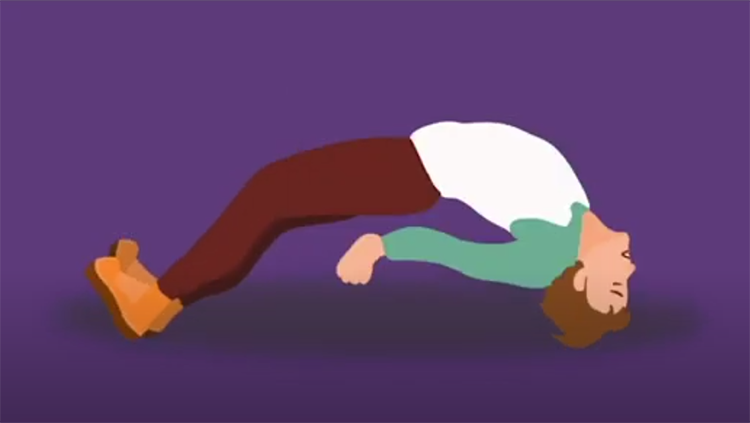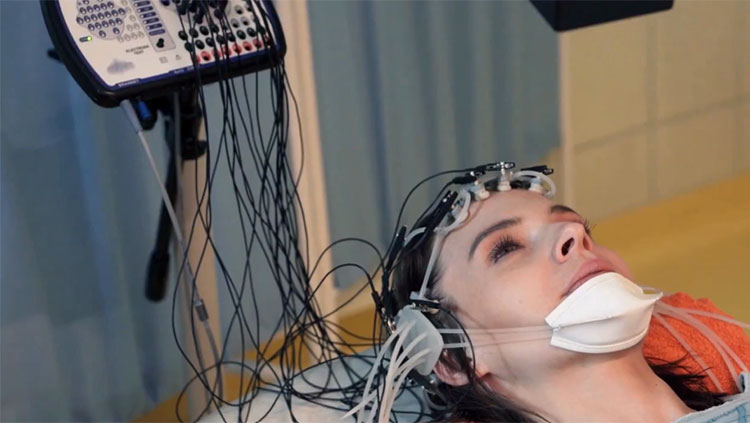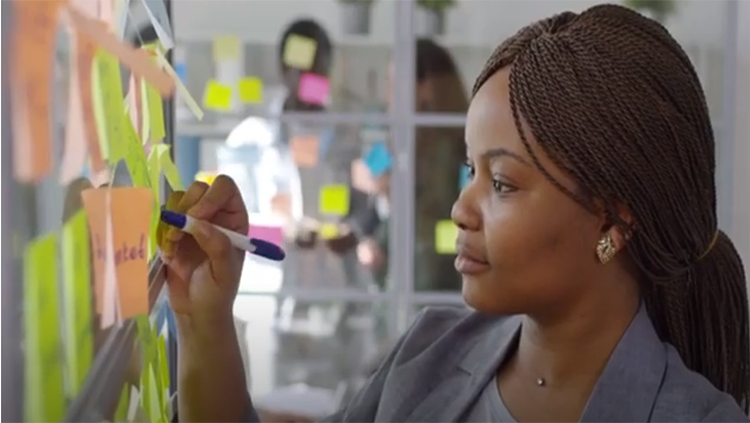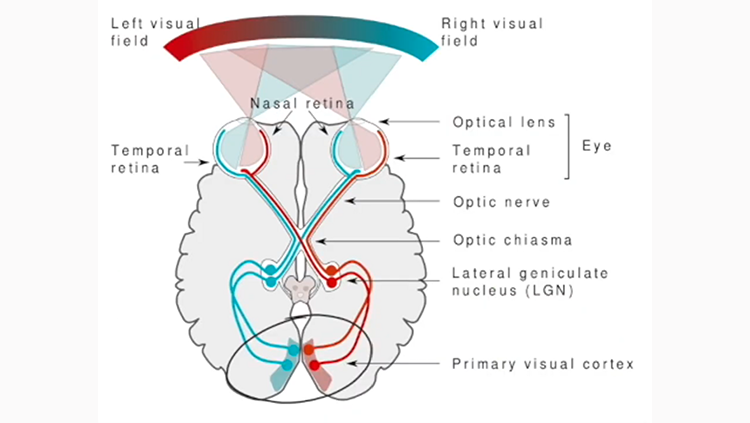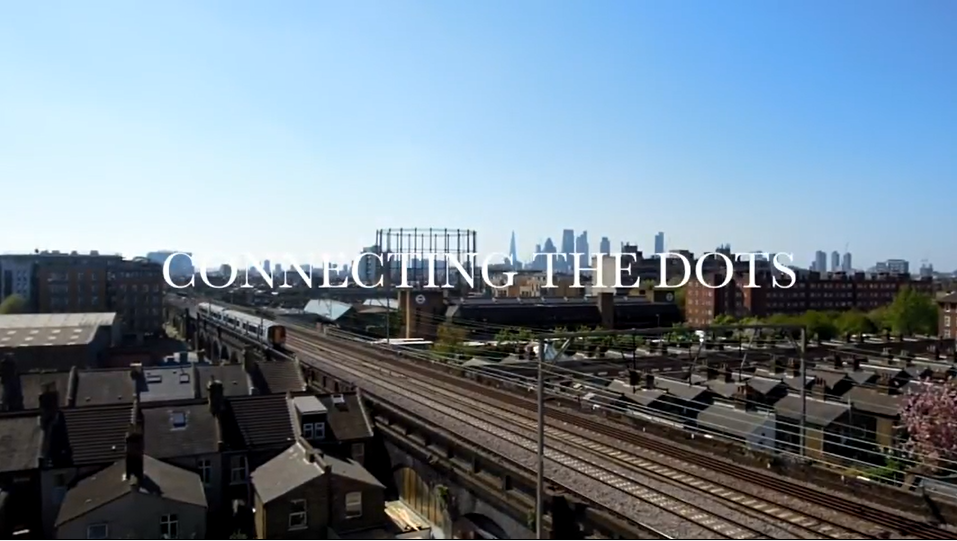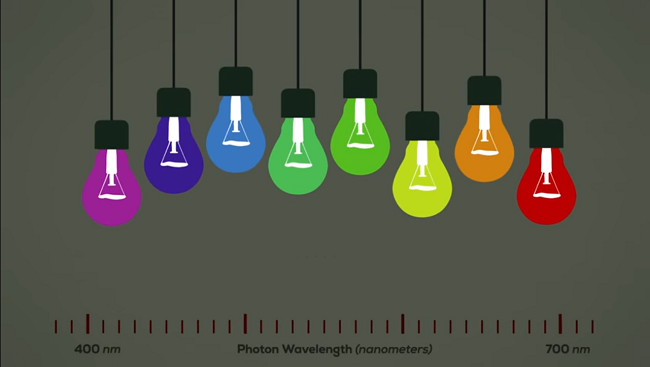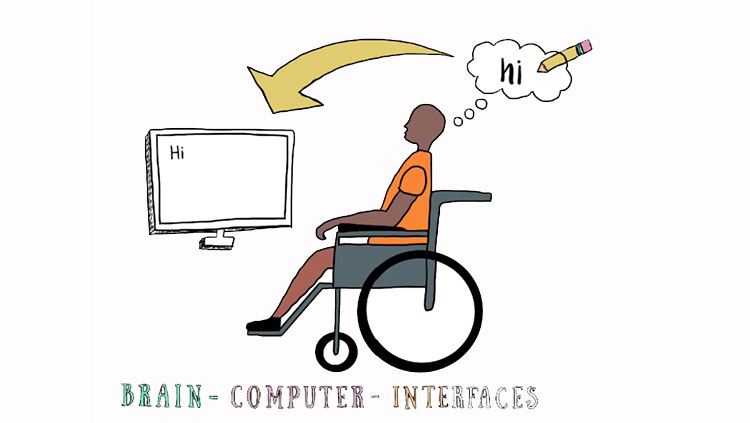Filter
-
(1)
-
(1)
-
-
(1)
-
(8)
-
(15)
-
(3)
-
(1)
-
(2)
-
(1)
-
(3)
-
(1)
-
(1)
-
(2)
-
(2)
-
(1)
-
(1)
-
(2)
-
(1)
-
(1)
-
(1)
-
-
(1)
-
(1)
-
-
(1)
-
(8)
-
(3)
-
(4)
-
(3)
-
(1)
-
-
(94)
-
(39)
-
(19)
-
(33)
-
(4)
-
(15)
-
-
(2)
-
(2)
-
-
(1)
-
(1)
-
-
(10)
-
(1)
-
(8)
-
(3)
-
-
(3)
-
(1)
-
(1)
-
(1)
-
-
(1)
-
(4)
-
(11)
-
(2)
-
(1)
-
(7)
-
(1)
-
-
(49)
-
(7)
-
(2)
-
(2)
-
(5)
-
(2)
-
(7)
-
(7)
-
(11)
-
(9)
-
-
(6)
-
(14)
-
(1)
-
(9)
-
(1)
-
(3)
-
(2)
-
-
(1)
-
(1)
-
(7)
-
(6)
-
(2)
-
(1)
-
(1)
-
-
(1)
-
(1)
-
-
(1)
-
(26)
-
(3)
-
(1)
-
(17)
-
-
(3)
-
(2)
-
(1)
-
-
(6)
-
(1)
-
(5)
-
(4)
-
-
(7)
-
(1)
-
(3)
-
(2)
-
(2)
-
-
(7)
-
(7)
-
-
(1)
-
(2)
-
(2)
-
(1)
-
(1)
-
-
(4)
-
(2)
-
(1)
-
(2)
-
-
(5)
-
(1)
-
(4)
-
-
(35)
-
(8)
-
(2)
-
(1)
-
(7)
-
(11)
-
-
(1)
-
(1)
-
(1)
-
-
(5)
-
(8)
-
(6)
-
(3)
-
-
(1)
-
(1)
-
-
(2)
-
(2)
-
-
(3)
-
(1)
-
(3)
-
-
(8)
-
(4)
-
(3)
-
(2)
-
(6)
-
(1)
-
-
(2)
-
(1)
-
(1)
-
-
(29)
-
(9)
-
(7)
-
(4)
-
(2)
-
(12)
-
-
(162)
-
(1)
-
(10)
-
(4)
-
(25)
-
(29)
-
(13)
-
(10)
-
(26)
-
(2)
-
(22)
-
(6)
-
(15)
-
(9)
-
(8)
-
(68)
-
(9)
-
(30)
-
-
(13)
-
(1)
-
(3)
-
(1)
-
(4)
-
(1)
-
(4)
-
(1)
-
-
(6)
-
(6)
-
-
(5)
-
(2)
-
(214)
-
(178)
-
(13)
-
(7)
-
(5)
-
(1)
-
(19)
-
(10)
-
(24)
-
(6)
-
(178)
101 - 110 of 231 results
-
An intense bout of exercise can improve mood and create a sense of euphoria — an effect popularly known as the “runner’s high.”
-
Brain-computer interfaces provide a link between a person’s mind and a machine, allowing the brain’s electrical signals to be the language to use a machine.
-
A rebound in psychedelics research questions whether their clinical use can impact neurodegenerative diseases like Alzheimer’s.
-
Misbehaving neurons trigger seizures in the neurological disorder epilepsy.
-
Some brain signals once thought to be "noise" actually encode useful information. Lessons from the physics of flow encourage us to reconsider these unpredictable signals and now scientists are finding uses for them in medicine.
-
Several timekeeping brain regions work together to create our perception of time.
-
A picture of a dress captured the attention of millions around the world and raised a fundamental question – how could we perceive the same thing so differently?
-
This video takes a closer look at how grid cells and place cells in our brain give us a sense of where we are in space, and where we need to go.
-
How do the various wavelengths of visible light become what we know as color?
-
Brain-machine interfaces convert our brain signals to actions and are powered by electricity. The same power source may be used to treat diseases and disorders.


